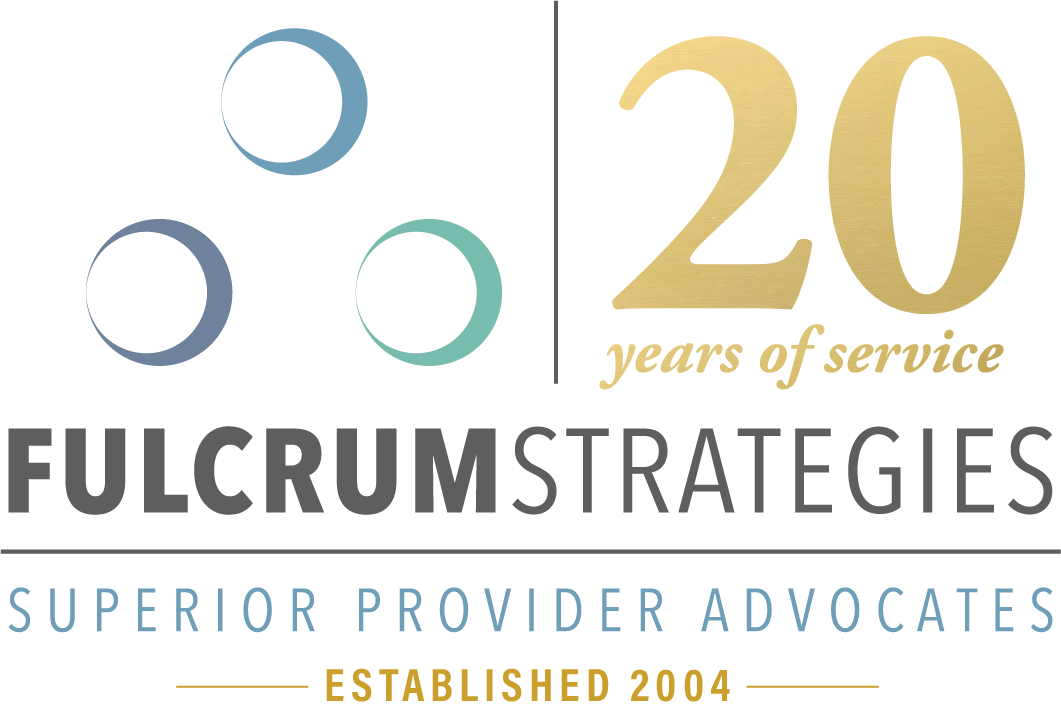Value Based Reimbursement. The time is now.
Throughout history major events have produced lasting impacts on this country often times bringing about quick, dramatic changes in many aspects of our lives. 9/11 forever changed how we travel in this country. World War II made this country into a world superpower and gave birth to our current system of employer-based health insurance. It remains to be seen what lasting impact will come from Covid-19 but its highly likely that this pandemic will drive significant changes in our health care system, how we deliver care and how we finance the care we deliver.
For decades now we have known that our health care cost trends are unsustainable. The cost of our health care system and the portion of the US economy that it consumes have been steadily increasing for the last 50 plus years. The only thing that has made this situation possible for so long is the strong and growing US economy. Since the great depression our economy has been in a steady growth mode with the exception of some relatively short-lived recessions like the financial crisis of 2008/09. Sergio Ermotti hit the nail on the head when he said; “Growth is what solves most big economic and social problems: poverty, government deficits, quality of life, rising healthcare and retirement costs.”
So, what happens if that growth cycle is broken? What happens if our economy experiences a major economic downturn, one that lasts more than a year or so? Well, ladies and gentlemen we are about to find out. By all accounts and predictions, we are about to enter into a prolonged period of economic challenges the likes of which we have not seen since the great depression. This will put significant pressure on our health care system, and how we finance the incredible amount of health care we consume as a country. Let’s just look at some of the early numbers.
Current projections suggest that they US government will run budget deficits for 2020 and 2021 of well over $5 trillion dollars. That’s more than the cumulative budget deficit for the last 9 years. To put that number in perspective, our budget deficit for the next two years is more than the entire GDP for every other country in the world except China. That’s right, we are going to put more money on our countries credit card over the next two years than the entire economic output of almost every other country in the world.
The CBO is projecting a reduction in US GDP for 2020 and 2021. They are also predicting unemployment rates that are three times higher than the rate in 2019. All of this spells trouble for the US economy and the federal budget. Health care remains the largest single category in the federal budget and a significant part of every employer’s expense structure. This will put pressure on our health care system like we have never seen before.
This perfect storm of economic factors could be the catalyst for major changes in how we deliver and finance health care in this country. For years there has been talk about transitioning our health care system from a fee for service system to one that is value-based. Proponents talk about the perverse incentives of a fee for service system and how inflationary it is. They are correct. The proponents of value-based systems of reimbursement suggest that paying doctors to keep people healthy rather than only paying them to treat people once they get sick will have a significant impact on health care costs and is the only way out of the mess we are in now. While I agree that making the shift to value based reimbursement is necessary and will definitely help, it’s not a magic pill and other changes will also be necessary. That being said, it is definitely a step in the right direction.
As we look to a very difficult future, physicians and other parts of our delivery system should start getting ready for this kind of tectonic shift from fee for service to value based methodologies. Reimbursement models like capitation, shared savings and bundled payments are likely to move from experiments and the exception in most parts of the country to becoming the mainstream for everyone over the next couple of years. This transition will not be easy or without its challenges. The groups that get it right will do very well and those that don’t will have a hard time surviving. The time to start working on this is now.
There is a story about Napoleon that illustrates the need for urgency here. During his reign, Napoleon asked his engineers to plant trees on both sides of the roads that entered Paris. He explained that he wanted his troops to march to and from battle in shade. When an engineer asked him if he knew how long it took a sapling to grow tall enough to cast that kind of shade, Napoleon replied; “Of course I do. That’s why you need to plant them today!”
In future blogs and pod casts I will explore in more detail the kinds of reimbursement methods that may be used in a new value-based world. It is my hope that this information will help physicians and delivery systems prepare for the future. Hope is not a strategy and it has been said that success is where preparation and opportunity meet.
Check out our latest podcast!
https://podcasts.apple.com/us/podcast/fulcrum-strategies-analyzing-changes-in-health-care/id1281557675#episodeGuid=tag%3Asoundcloud%2C2010%3Atracks%2F862697569
